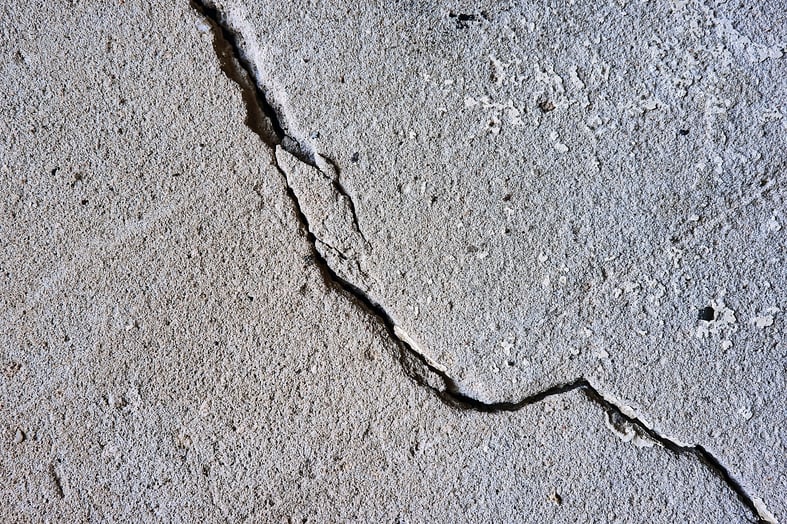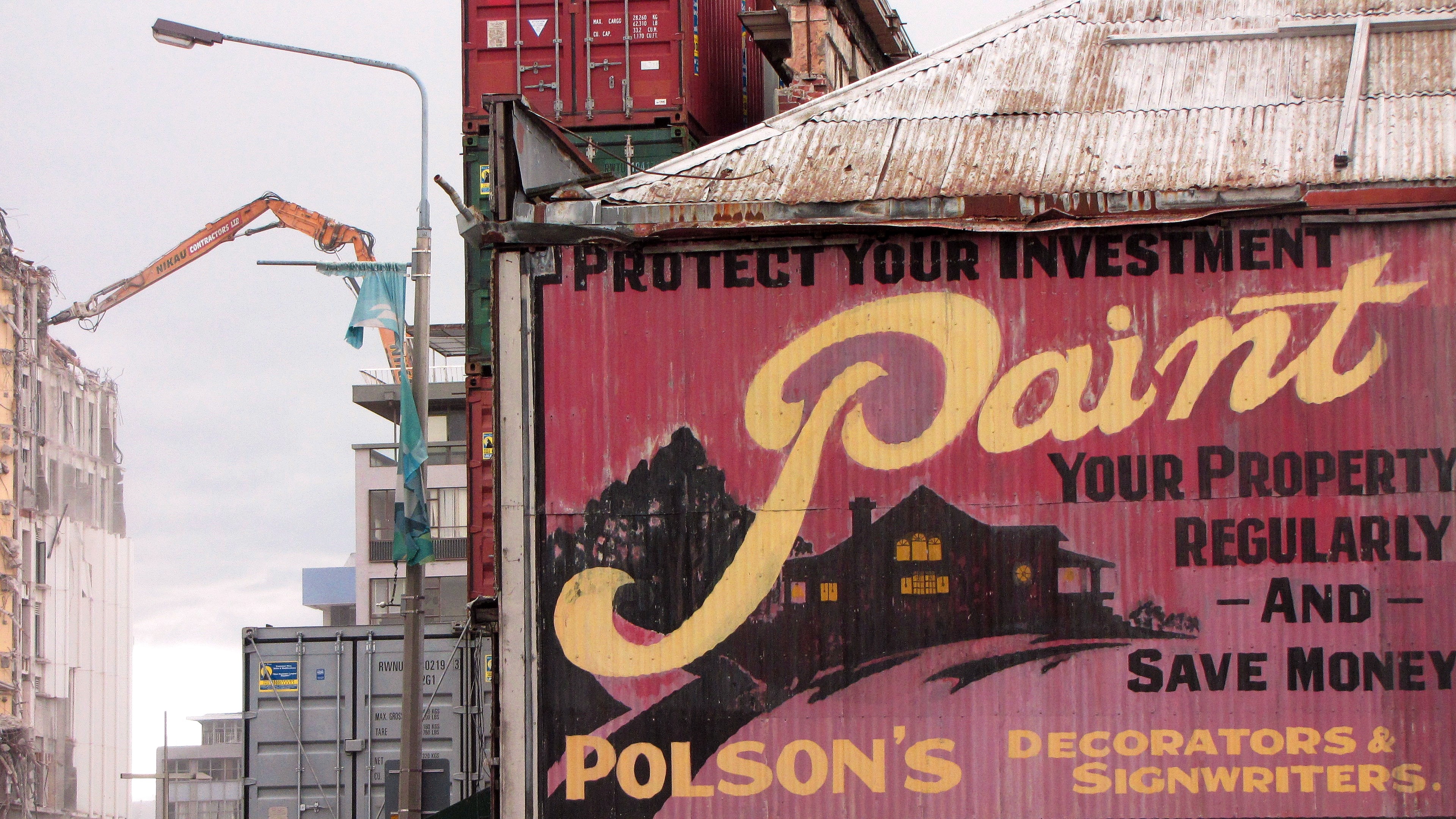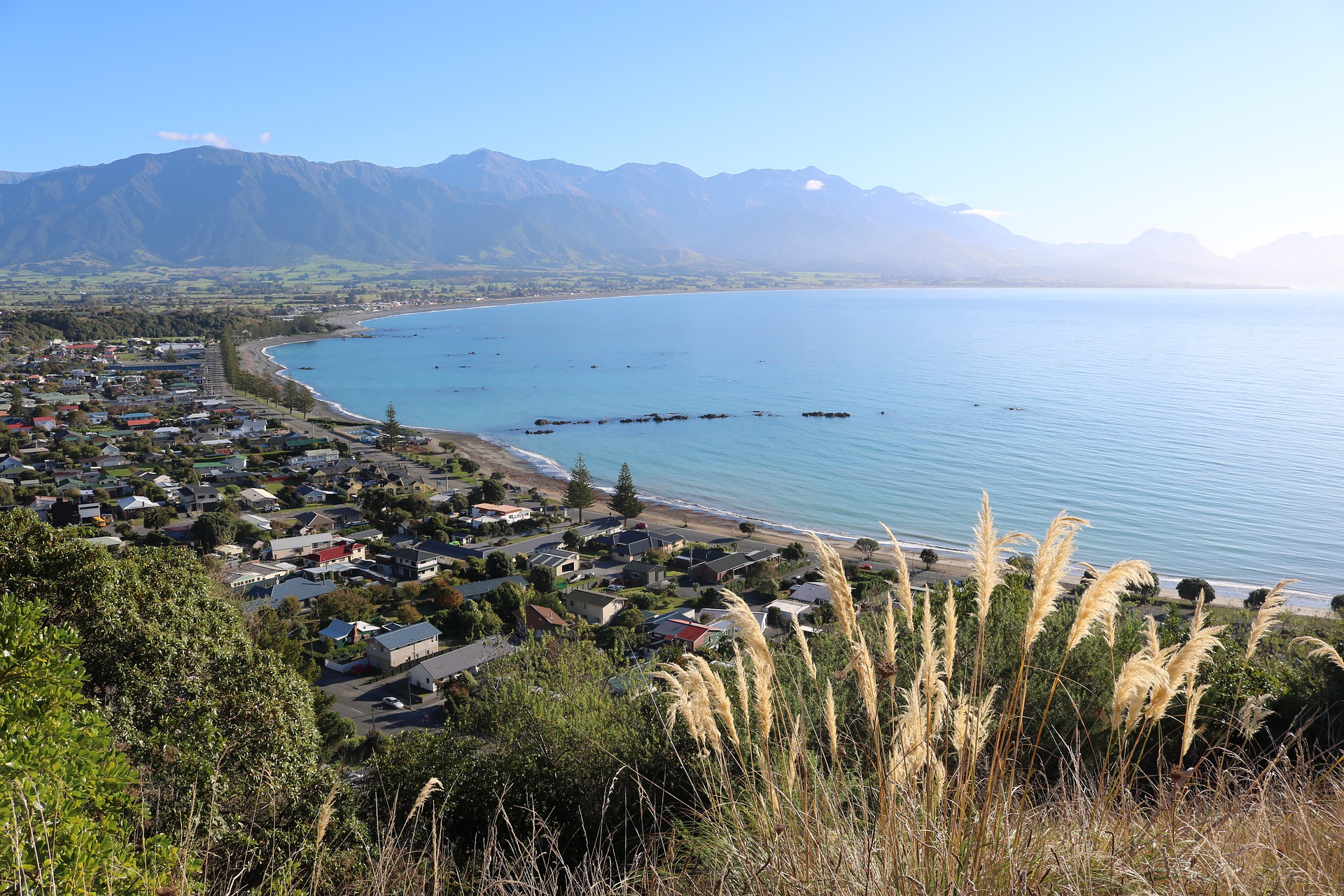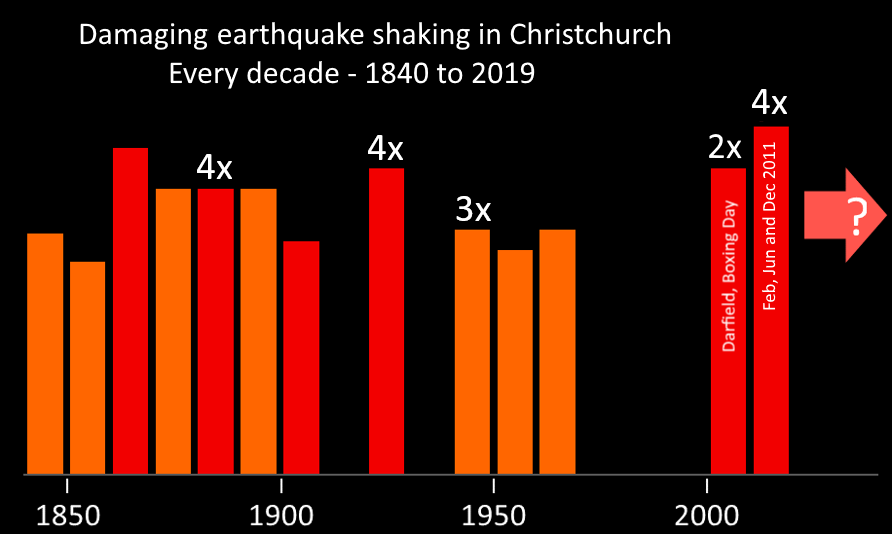
New Zealand – and specifically the Canterbury region - has become one of the most seismically active developed countries in the world. Since 2010, we've experienced many quakes ranging from barely felt to significantly destructive. Compared to other earthquake-prone areas of the world, this gives us relevant, recent experience that others don’t.
Because of this, we're now leading the way when it comes to global best practice. We've been through significant, destructive quakes and we've learned from them. So with that in mind, we've put together some tips for business owners and individuals, to help you plan and prepare.
Factor 1: Every earthquake is different. There's no such thing as a 'standard' earthquake. Because of this, every earthquake impacts on us in different ways. What this means is that you should expect the unexpected. Everyone, from individuals to first responders to businesses to Civil Defence, should expect each quake to be unusual, and different from what's come before. In other words, just because your building or your house remained unaffected by one particular quake doesn't mean it will escape unscathed from a subsequent one.
Factor 2: Proximity is significant. Being close to the epicentre of a smaller quake can be more destructive than a larger quake that's further away. Not only do you get stronger, sharper peak shaking, you also get significantly stronger vertical forces. Closeness to the main shock epicentre means there's also a likelihood of increased aftershocks, each of which also have an effect on buildings and infrastructure. What this means is you're not preparing for just one event; you need to be ready for the inevitable aftershocks that will follow.
Factor 3: Get ready for insurance claims. It's wise to have insurance (business interruption, or material damage, or both), but you need to be prepared to back up your claim. Typically, insurance companies settle the easiest and best-informed cases first. If a case has limited information, it becomes more difficult and takes a lot longer to resolve. Whether you're a building owner or a home owner - or both - it's important to identify what you can do NOW - before the quake – to clarify what damage has been caused. Be ready to take photos, and collect data like ground-shaking information. The better prepared you are, the faster your claim will be resolved.
Factor 4: Be prepared for isolation. Outside help may take some time to reach you. If Alpine Fault ruptures, towns in the South Island are likely to be cut off for weeks - even months. What this means is taking steps now to prepare for that isolation. There's an idea that you need to cope alone for three days; this isn't enough. You could be without power, water, petrol, and banks for months. You could even be without a roof over your head, and staying with friends or in a tent on your back lawn. Don’t forget to prioritise your stored water supply because you use a lot of it and you won't be able to buy it. If we look back at the February 2011 earthquake, water was the item that sprinted out of the supermarkets the fastest. However, it's the easiest one to prepare for - all you need are a few large containers.
Factor 5: Expect limited or no communication. Communication with family, friends and employees becomes much harder. This is another lesson learned from the Canterbury events; the networks became overloaded and no-one could get through to anyone. And the difficulties lasted for some time. In a bigger quake it will last for longer. We live in an age where communication is prolific and instant, and suddenly doing without it can be quite challenging. You need to adjust to it, and accept that for some time to come, keeping in touch is going to be much more difficult.
Factor 6: Learn to be patient. Everyone reacts differently to earthquakes. Some people rise to the challenge, others have more trouble. Fear or uncertainty causes different reactions in people. This was also evident during and after the Canterbury quakes. If you're one of the more resilient, try to be patient with those who aren't coping as well as you are, and do what you can to support them.
Factor 7: Learn to be resilient. If you're one of those who struggles with earthquakes, but you're in a situation where you're isolated and forced to deal with a big event and it's aftershocks, focus on what's in front of you, what needs your immediate attention, and get the job done. Resilience can be learned - you might be surprised to discover that you're tougher than you thought!
Factor 8: Learn from the experience. People and businesses are often tougher than they look. Following the Canterbury quakes, we showed the world how we were able to pick ourselves up and keep our homes, families and businesses afloat. We adapted, and we can facilitate this resilience by continuing to plan ahead for future events. We can take that experience, and what we've learned, and become even better prepared for the future's inevitable earthquakes.
Factor 9: Develop contingency plans. Make sure you have procedures in place beforehand. This is especially true for businesses and their employees. Have contact lists prepared so that you know who you need to talk to first. Have a contingency plan in place if - as is likely - communications are down. Practise emergency procedures such as taking cover, first aid and building evacuation. Make sure you have a comprehensive business continuity plan in place.
Factor 10: Harness technology. Having an alert system in place will help you make the best decisions for your home, your family, your building, your business and your employees. Sentinel provides you with immediate information for making immediate decisions. In the longer term, the data it provides also helps you make decisions about what you should be doing in a post-quake environment, such as managing aftershocks and dealing with insurance. You can back up your claims with the Sentinel data and provide your insurance company with the information they need to settle your claim faster.
We can't stop the quakes from happening. But sticking our heads in the sand is asking for trouble, because what we've faced in the last 10 years is indicative of what's to come - not the relative peace we enjoyed prior to September 2010.
That's why we keep coming back to this: be prepared. If you plan for the earthquakes, you'll be able to respond better and your resilience will improve.
Before and after a quake strikes, there are things that need to be done. We've prepared checklists for business and building owners that will help make sure all the boxes are ticked.




SHARE